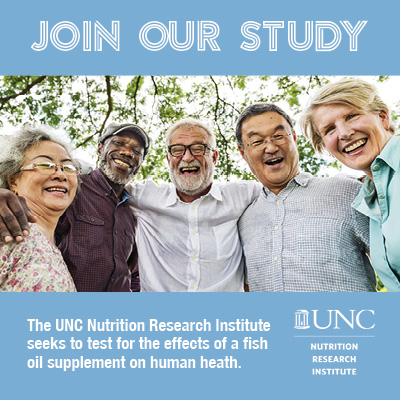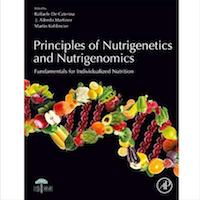
If food is medicine, why isn’t it taught at medical schools?
November 14, 2019 – Students in medical schools across the country spend less than 1 percent of lecture time learning about diet. Earlier this year, Mount Sinai, the biggest hospital network in New York City, invested in a meal delivery service. Though it seemed like an unusual move at the time, the network’s decision makes sense if you consider the intrinsic relationship between food and health—a connection underscored by countless other recent examples of healthcare initiatives that harness diet as a tool to improve well-being.

Choline must be integrated into the prenatal supplement regimen, says expert review
This article was published originally on nutraingredients-usa.com on September 11, 2019. By Stephen Daniels The importance of choline during the first 1,000 days after conception is increasingly understood by the medical community, and dietary supplement manufacturers...
Fish Oil Supplement Study
Study Purpose: to test for the effects of a fatty acid supplement in human heath. Recruiting: Healthy* males and females ages 30-80 for up to 12 weeks. *No smoking, substance abuse, pregnancy or breast feeding, history of diabetes, cholesterol medications, or...
Kohlmeier Co-edits Nutrigenetics and Nutrigenomics Textbook
August 20, 2019 – Principles of Nutrigenetics and Nutrigenomics: Fundamentals for Individualized Nutrition is the most comprehensive foundational text on the complex topics of nutrigenetics and nutrigenomics. Edited by three leaders in the field with contributions from the most well-cited researchers conducting groundbreaking research in the field, the book covers how the genetic makeup influences the response to foods and nutrients and how nutrients affect gene expression.
